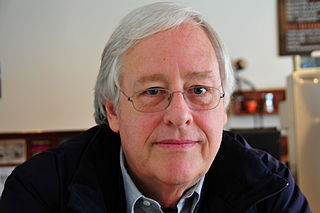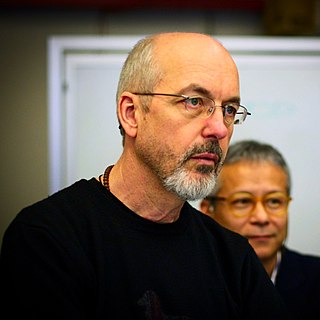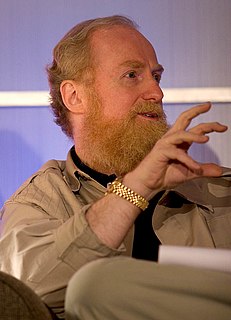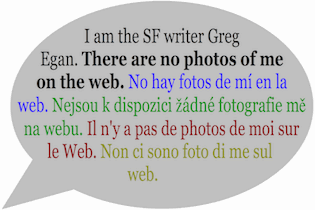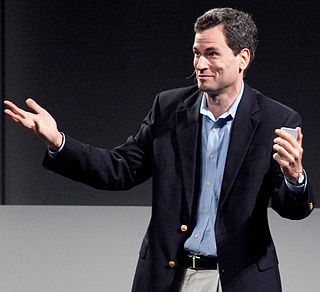Top 1200 Software Development Quotes & Sayings - Page 16
Explore popular Software Development quotes.
Last updated on November 15, 2024.
A complete theory of evolution must acknowledge a balance between "external" forces of environment imposing selection for local adaptation and "internal" forces representing constraints of inheritance and development. Vavilov placed too much emphasis on internal constraints and downgraded the power of selection. But Western Darwinians have erred equally in practically ignoring (while acknowledging in theory) the limits placed on selection by structure and development what Vavilov and the older biologists would have called "laws of form.
I spent the first years working in Jordan trying to learn as much as I could about what was taking place in the country, about where there were gaps in the development process that needed attention. Inevitably, there were certain common denominators which are fairly common to all developing societies, perhaps to all societies: that quality education be accessible to everyone, not just a limited elite few; the sustainable conservation of natural resources; the full engagement of women in national development; and the value of cross-cultural exchange and understanding to international relations.
You know, development sometimes is viewed as a project in which you give people things and nothing much happens, which is perfectly valid, but if you just focus on that, then you'd also have to say that venture capital is pretty stupid, too. Its hit rate is pathetic. But occasionally, you get successes, you fund a Google or something, and suddenly venture capital is vaunted as the most amazing field of all time. Our hit rate in development is better than theirs, but we should strive to make it better.
Psychohistory, like psychoanalysis, is a science in which the researcher's feelings are as much or even more a part of his research equipment than his eyes or his hands. Weighing of complex motives can only be accomplished by identification with human actors, the usual suppression of all feeling preached and followed by most "science" simply cripples a psychohistorian as badly as it would cripple a biologist to be forbidden the use of a microscope. The emotional development of a psychohistorian is therefore as much a topic for discussion as his or her intellectual development.
Norway, Iceland, Australia, Canada, Sweden, Switzerland, Belgium, Japan, the Netherlands, Denmark, and the United Kingdom are among the least religious societies on earth. According to the United Nations' Human Development Report (2005), they are also the healthiest, as indicated by life expectancy, adult literacy, per capita income, educational attainment, gender equality, homicide rate, and infant mortality. . . . Conversely, the fifty nations now ranked lowest in terms of the United Nations' human development index are unwaveringly religious.











